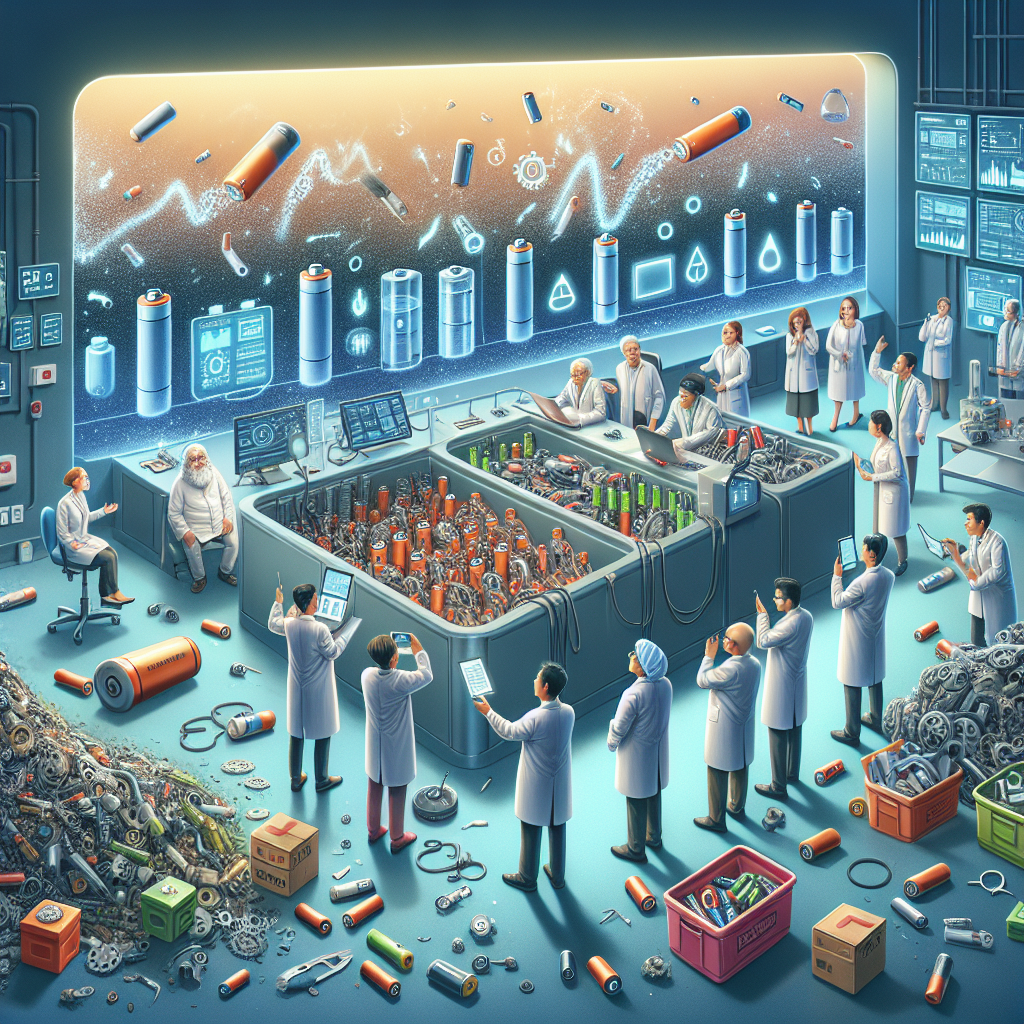.
The end of lithium may be in sight as researchers at UNSW Sydney have developed a new proton battery that could potentially replace lithium-ion batteries. This breakthrough could have sweeping benefits for clean energy supply chains and the environment, as lithium mining has significant negative impacts, including water shortages and the use of toxic chemicals.
China currently dominates the lithium market, posing geopolitical risks and supply chain vulnerabilities. The new proton battery, which uses an organic material called TABQ, offers quick energy storage, extended cycle life, and efficient operation even in sub-zero temperatures. This could revolutionize energy storage for grid-scale applications and electric vehicles.
The dominance of China in the lithium market has created risks for the global economy and localized risks for communities and ecosystems where lithium is produced. Lithium extraction is also extremely water-intensive, posing a direct threat to other water users in places like South America’s ‘lithium triangle.’
The new proton battery could potentially reduce our reliance on lithium and its negative impacts, making clean energy production more sustainable and environmentally friendly. It also has the potential to diversify the supply chain and reduce geopolitical risks associated with lithium extraction.
This breakthrough is a significant step towards a cleaner and more sustainable energy future. However, further research and development are needed to bring the proton battery to a commercial scale. If successful, it could have a major impact on the renewable energy revolution and help mitigate the negative impacts of lithium mining.

